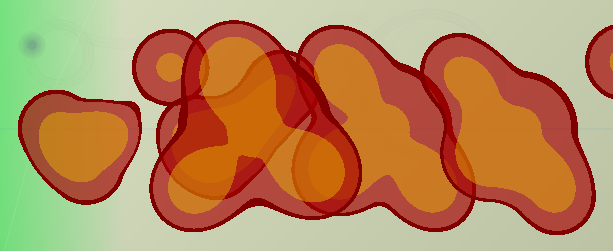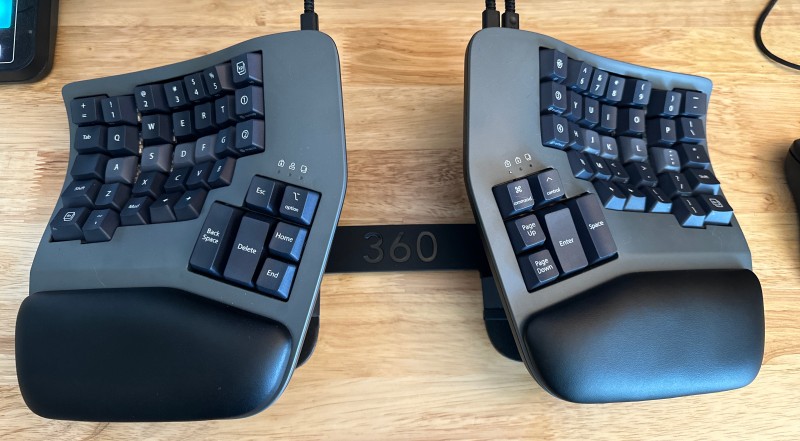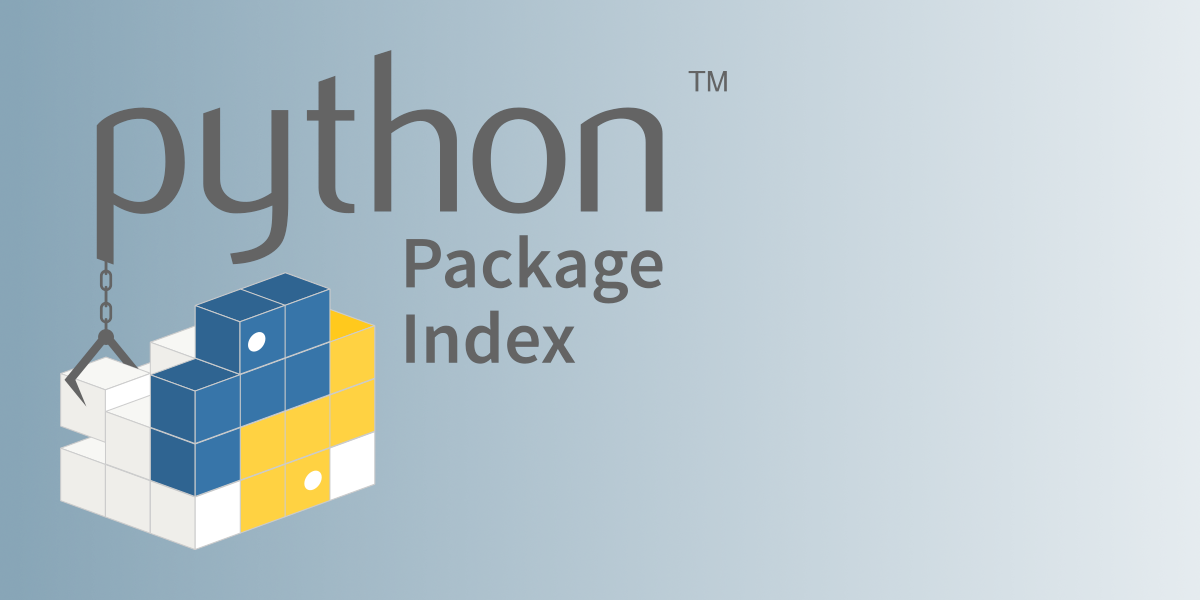ATi too slow or NVIDIA too fast?

In November of last year, NVIDIA released its latest flagship graphics card chipset, the 8800 / G80. This chipset featured the first full featured DirectX 10 support ever conceived and was (still is at the moment) the only DirectX 10 card on the market.
So when will the other giant, ATi, catch up? According to rumor, ATi is planning to release its latest chipset (R600) in the first quarter of 2007, more precisely an early March launch.
But did ATi push its launch too far back or did NVIDIA jump the bullet on this one? Some say that ATi is holding back for a reason so they can improve their technology and beat NVIDIA performance wise. Others say that ATi didn’t expect NVIDIA to launch this early and is trying to throw together a product too fast. The latter, I personally don’t believe.
ATi has been a major player in graphics technology for a while, so it would be a strange decision to underestimate DirectX 10 and continue focusing on their X1900 technology. I think we can safely assume that ATi is preparing its product to perform to the fullest and maybe be waiting for better software support in Vista - something that NVIDIA has been lacking.
Also, what good is a DirectX 10 card if there are no DirectX 10 games out yet? Again, some say that the 8800 is simply “the best DirectX 9 card out there that happens to have DirectX 10 support.” Yet according to hardware tests on TomsHardware.com, the ATi X1950 XTX stands above the card with full head and shoulders.
So what can we expect in the near future from these two graphics giants? In my opinion (Nostradamus style), ATi will launch the R600 chipset and will make the G80 look like something from 1999 performance wise. The 8800 GTX will get a successor soon enough that will compete with the R600 and I think that ATi will get you more value for the money, as is happening with all AMD and ATi products lately (same company).
I was eagerly looking into buying a G80 or 8800 but I have a feeling I’ll be regretting it within the span of one month. After all, the G80 is already 4 months “old”.
Share on
X Facebook LinkedIn Bluesky



